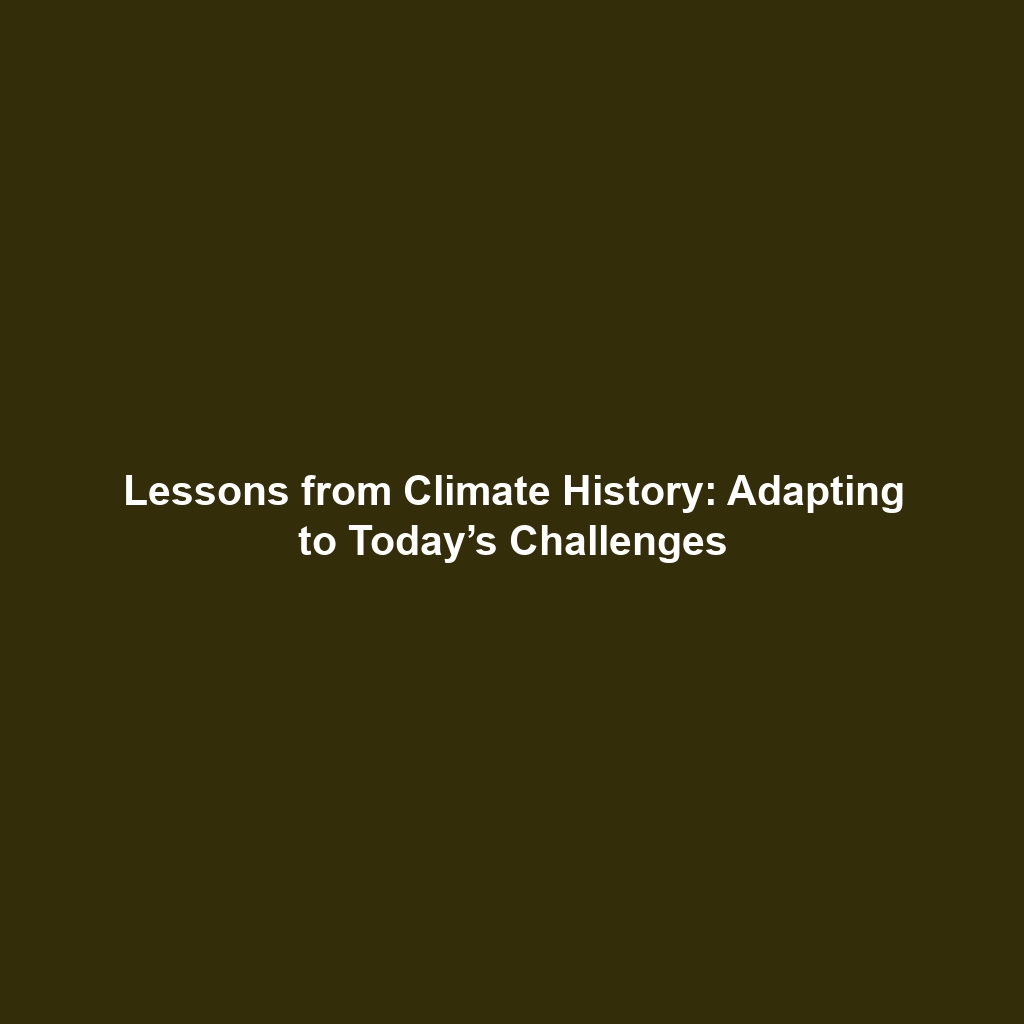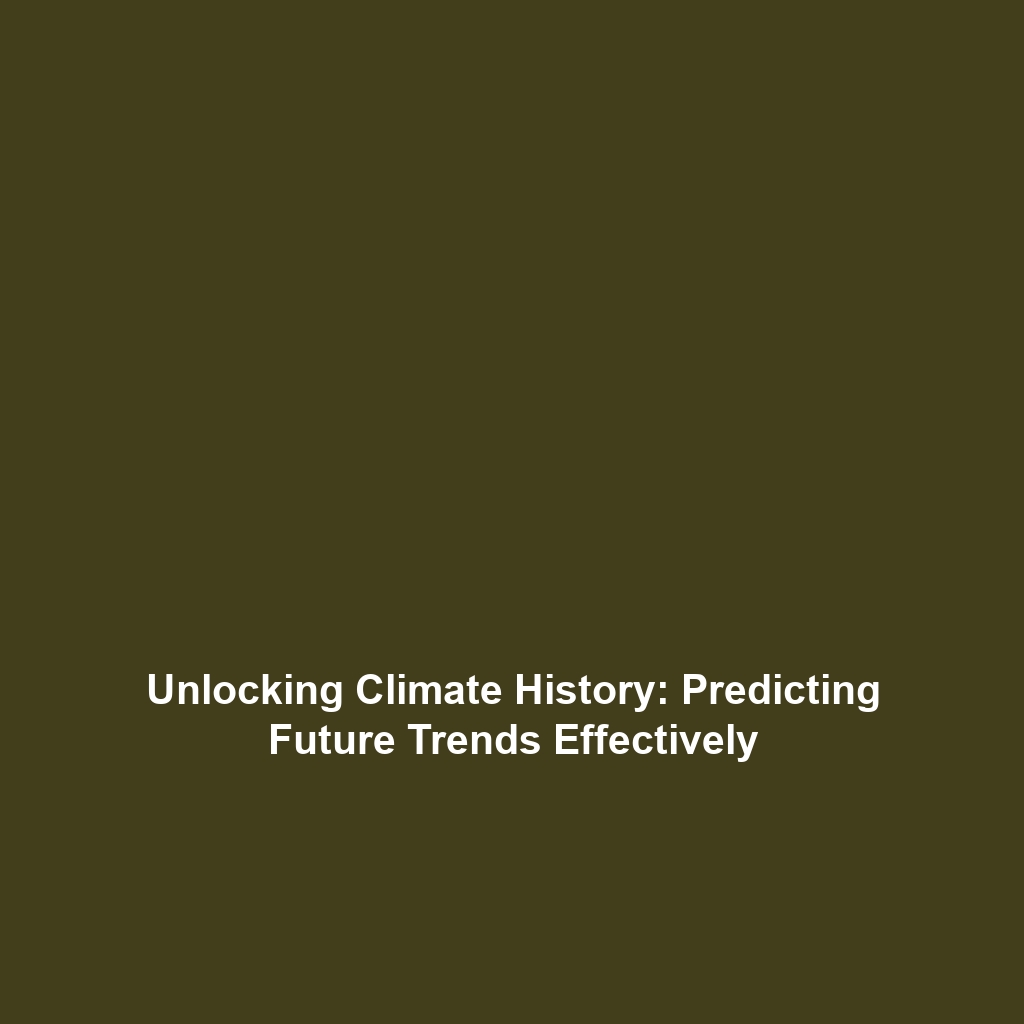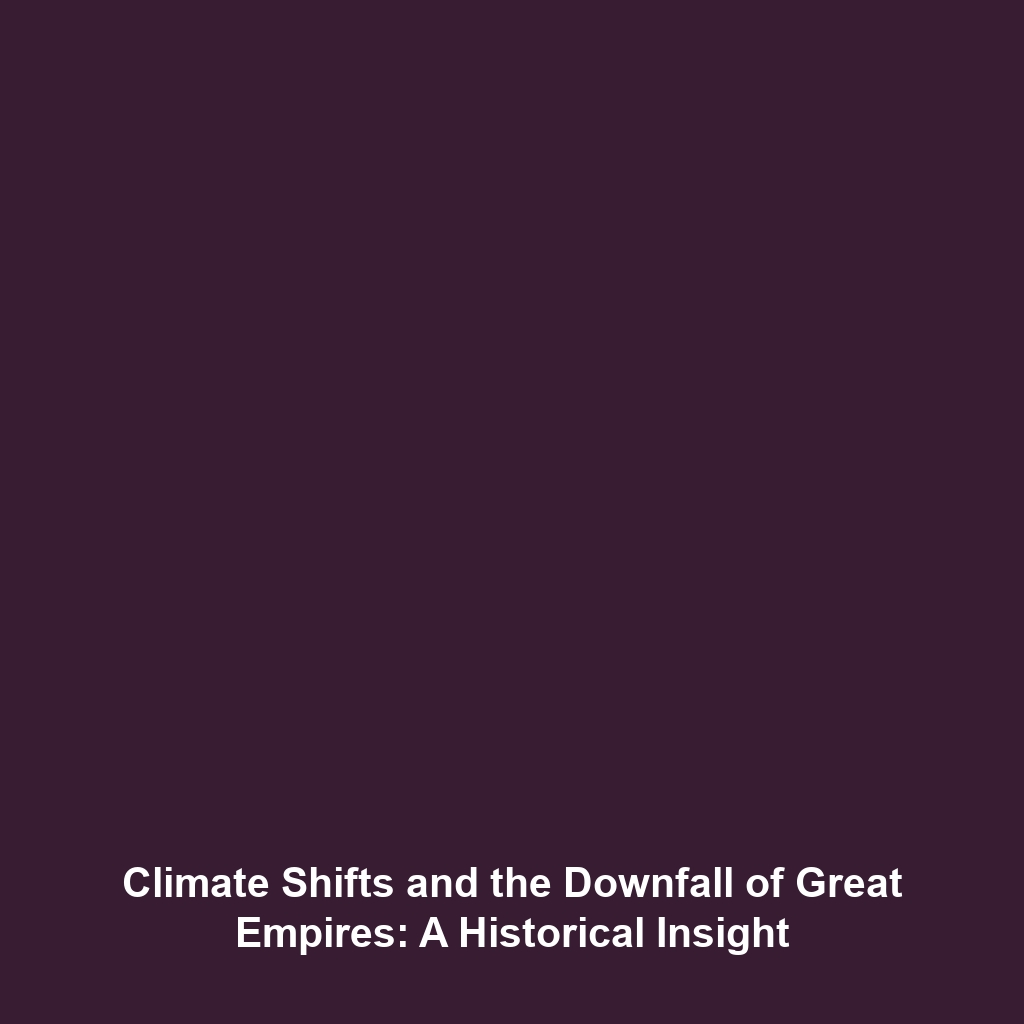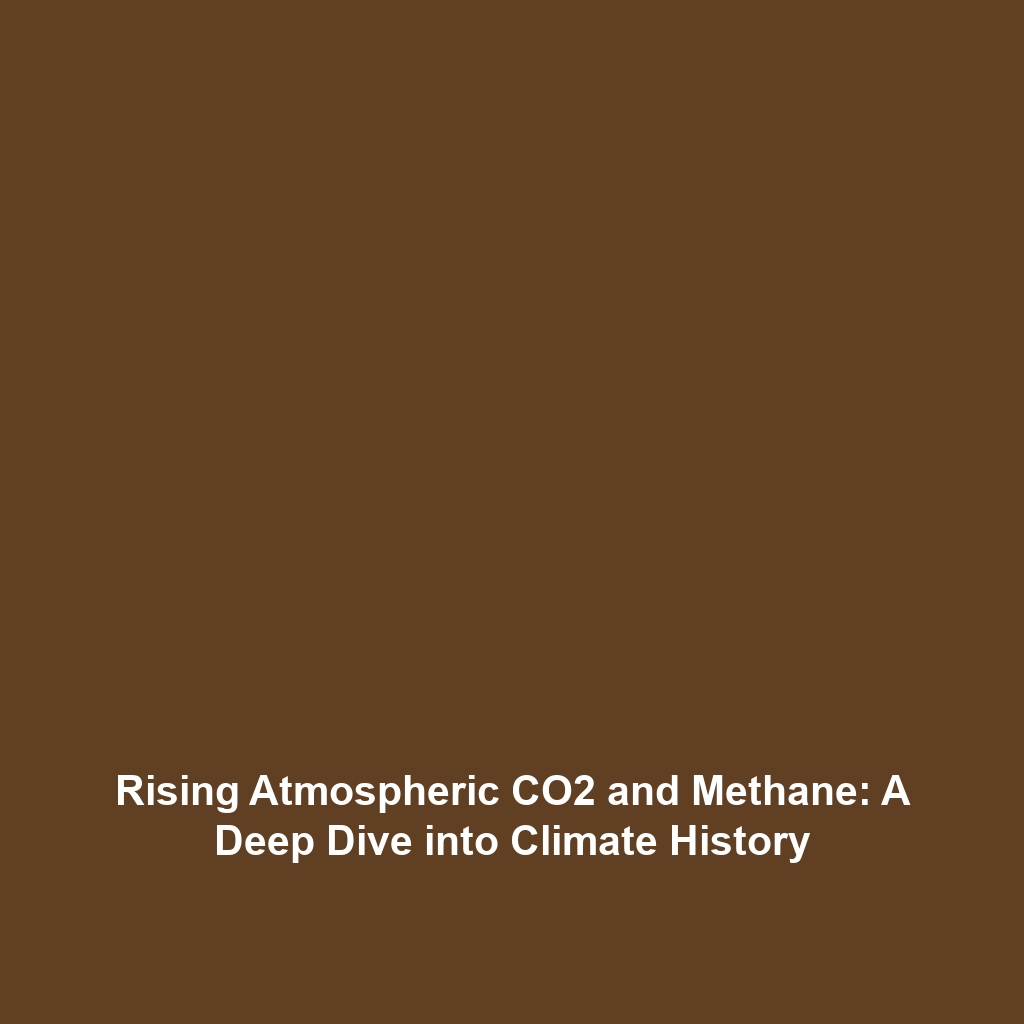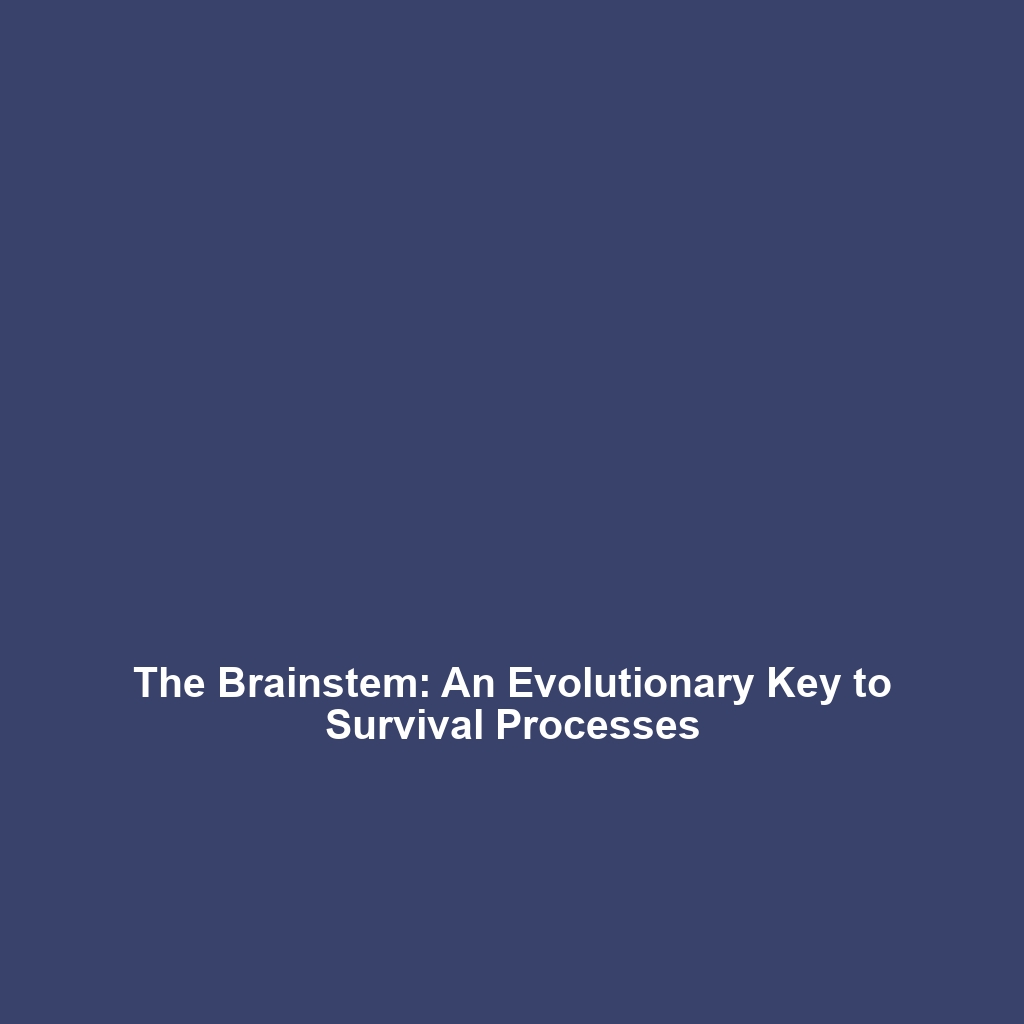Lessons from Past Climate Adaptation Efforts for Addressing Modern Climate Challenges
Introduction
Understanding the lessons from past climate adaptation efforts is critical as we face unprecedented modern climate challenges. Historical instances of climate adaptation have provided significant insights into how societies have reacted to environmental changes. By examining these historical efforts, we can better formulate strategies to mitigate the impacts of contemporary climate change. This exploration serves as a pivotal element in the broader context of Climate History.
Key Concepts
The principles surrounding lessons from past climate adaptation efforts encompass a variety of concepts that intertwine with Climate History:
-
Resilience
Societies have demonstrated resilience by employing various strategies to cope with changing climates, such as shifting agricultural practices and altering settlement patterns.
-
Historical Case Studies
Examples like the adaptation strategies used by the Vikings during the Medieval Warm Period provide valuable lessons for today’s societies.
-
Knowledge Transfer
Learning from past experiences is essential for effective adaptation in the future, emphasizing the need for continuous dissemination of best practices.
Applications and Real-World Uses
In the realm of Climate History, the lessons from past climate adaptation efforts can be practically applied in several significant ways:
-
Urban Planning: Cities are adopting historical adaptability techniques to enhance urban infrastructure resilience against flooding.
-
Agricultural Practices: Farmers are integrating historical knowledge of drought-resistant crops from past civilizations into modern agricultural techniques.
-
Policy Making: Governments are using case studies from the past to inform climate policies aimed at sustainable development.
Current Challenges
Studying and applying lessons from past climate adaptation efforts is fraught with challenges:
- Data Availability: Historical records may be incomplete or biased, leading to gaps in understanding.
- Contextual Differences: Modern socio-economic and political contexts differ vastly from those of the past, complicating direct applications.
- Public Engagement: There is often a lack of awareness or interest in historical adaptation strategies among policymakers and the public.
Future Research and Innovations
Innovations and research focused on lessons from past climate adaptation efforts are poised to significantly influence the future of Climate History:
-
Climate Modeling: Enhanced predictive modeling tools are being developed to simulate historical climate responses and test adaptation strategies.
-
Technological Innovations: Next-generation technologies such as AI are being employed to analyze historical climate data for future resilience planning.
-
Interdisciplinary Approaches: Future research is likely to take an interdisciplinary stance, combining history with environmental science and economics.
Conclusion
In summary, lessons from past climate adaptation efforts provide invaluable insights that are crucial for addressing today’s climate challenges. Their lessons echo throughout Climate History, underscoring the importance of historical knowledge in shaping effective adaptation strategies. As we move forward, it is essential to integrate these lessons into contemporary practices and policies to promote sustainable development and resilience against climate change. For more information, explore our resources on climate adaptation strategies and climate change policies.
